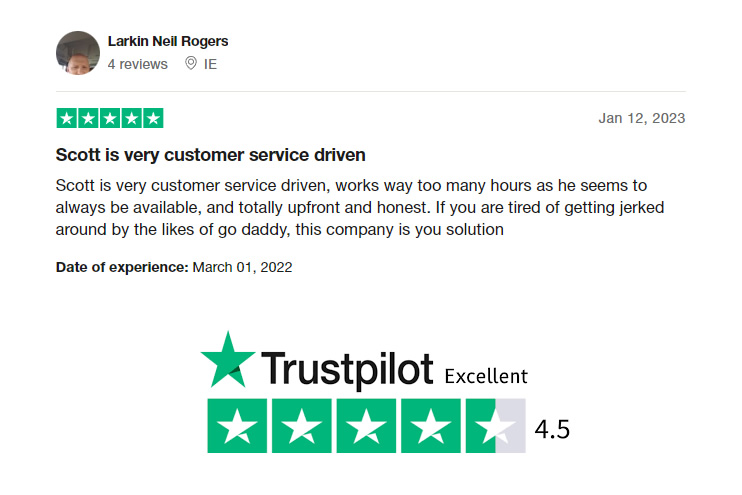Why Structured Data is Necessary Now
In the rapidly evolving world of search, it is no longer enough to merely create high-quality content. You must ensure that machines—more specifically the new wave of Large Language Models (LLMs) used in tools like Google’s Search Generative Experience (SGE)—can understand your content with absolute certainty. This necessity is precisely where rich results for AI SEO prove useful.
Rich Results are those visually enriched search snippets. From star ratings and recipe carousels to FAQ drop-downs and product details are powered by Schema Markup. Schema is a structured vocabulary inconspicuously added to your website’s HTML. It’s a bit like a universal translator, telling the search engine, “This is the average star rating,” or “This text is the direct answer to a question.”
The AI Imperative for Schema
For generative AI, this clear, unambiguous structured data is absolutely vital. When an AI generates a summary or a featured response, it prioritizes sources it can trust completely. Clear Schema Markup provides that high-confidence, factual data by removing all doubt about the context and category of the information. This direct classification makes your content exponentially more likely to be chosen and cited in an AI-generated answer. Without it, your authoritative piece is nothing more than unstructured text that the AI must deduce meaning from, which drastically reduces its ranking potential under the new SGE paradigm. Investing in Schema is investing in the future of being found.
Moving Beyond Traditional Keywords
The novel search approach, which is occasionally referred to as “AI SEO,” entails a change in the direction of your priorities from keyword density hunting alone to the creation of profound topical authority as well as complete content clarity. The days of keyword-stuffing are long gone; all-encompassing relevance is what success is now. Possessing a single strategy for achieving real rich results for AI SEO will differentiate you.
1. Optimize for Definitive Answers
AI and LLMs are good at direct information and factual accuracy. To rank in this new landscape, every section of your article must contain short, conclusive answers to common user questions. Break up complex topics into small, self-contained paragraphs.
For instance, use an H2 or H3 heading that asks a direct question, like “How does Schema Markup improve E-E-A-T?” and follow it immediately with a perfect one-paragraph answer. This question-and-answer format not only maximizes your potential for generating a featured snippet but also makes your content easily digestible and quotable for AI models generating summaries. Always be direct, precise, and authoritative in your language.
2. Embrace Semantic Entities and Structure
Modern algorithms are smart enough to understand the context and conceptual connections in your content. They parse entities—specific real-world objects, people, or ideas—not just isolated keywords. To express high expertise, you must strategically use LSI (Latent Semantic Indexing) keywords—related words and ideas that complete the semantic picture.
This would mean that an article on the topic “Tesla Motors” would naturally mention entities like Elon Musk, Giga Factory, Model 3, and lithium-ion battery. These related entities tell the AI that your content piece is offering dense, in-depth information, thus solidifying your topical authority. This entity concentration is far more valuable than the simple repetition of your primary keyword.
Action Plan: Get Rich Results for AI SEO
Implementing a solid rich results AI SEO strategy entails both philosophical content shift as well as technical solutions. Take the following practical steps to prepare your content:
1. Audit Your Current Pages
Before you add new Schema, you need to know where you stand. Use Google’s free Rich Results Test tool for a definitive test of all your existing URLs. The tool will immediately tell you if Google detects any valid Rich Results (like an FAQ or a How-To). More importantly, if the test fails, it will highlight the exact technical errors in your existing Schema, like missing required fields, so you can prioritize fixes.
2. Use High-Value Schema Types
Do not try to use all the Schema types at once. Start with the most valuable types that directly contribute to modern rich results for AI SEO interfaces:
-
Article: Essential for all news articles and blog posts.
-
FAQPage: Addresses multiple questions directly and is extremely popular with SGE/AI for quick answers.
-
HowTo: Provides step-by-step guidance, perfect for voice and generative AI interfaces.
-
Product or Review: Crucial for e-commerce, as prices and ratings have a high likelihood of being directly extracted into rich snippets.
Complete all the necessary properties for these Schema types (e.g., name, description, and image pointers) per page.
3. Maintain E-E-A-T and Transparency
Technical Schema optimization will take you only so far. The final, and most important, pillar of success with rich results for AI SEO is genuine content quality and transparency. Your content must demonstrate genuine Experience, Expertise, Authoritativeness, and Trustworthiness (E-E-A-T). This entails:
-
Citing Sources: Link to third-party, authoritative data and research.
-
Author Bios: Use Schema to provide a clear author and author credentials.
-
Date Stamping: Have your content refreshed on a regular basis and duly date-stamped to reflect freshness.
By putting emphasis on structured data alongside rock-solid, crystal-clear, authoritative content, you build a site that’s ready for the future of search, and you’ll have your spot secured when AI comes looking for the definitive answers.







